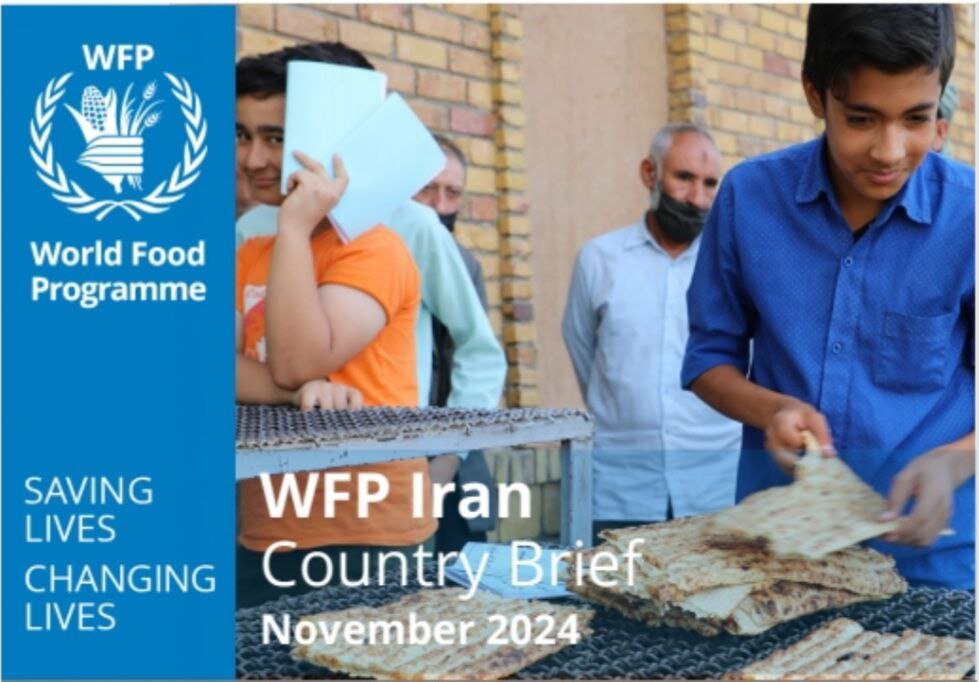
A doctor has issued an alert over a cancer known for its notably low survival rates. Pancreatic cancer, ranking as the UK's tenth most common cancer type, is often dubbed a 'silent killer' due to the typically delayed detection of its symptoms. Dr Karan Raj turned to TikTok to discuss some pioneering research that could aid in the earlier diagnosis of the disease, potentially benefiting both patients and healthcare providers.
Dr Karan shared mixed news with his audience, stating: "I've got some bad news and some good news," and continued, "The bad news is that purple stands for pancreatic cancer, which has one of the lowest survival rates, partly because it's often diagnosed late. Now for the good news." He then revealed: "There's a simple breath test that we could use to pick it up earlier and improve chances of survival.

But it needs research funding." Planning to participate in the London Marathon in 2025 to support Pancreatic Cancer UK, Dr Raj outlined how individuals can contribute to this vital research funding. He encouraged his followers to sign up for the Coopah running app on a two-week free trial, mentioning that the company will donate £10 for each user who uses his promo code.
Additionally, the doctor appealed to his audience to "give whatever you can" towards his fundraising efforts. As he prepares for next year's marathon, Dr Raj intends to share his training journey with his TikTok followers. Pancreatic Cancer UK , who are working on developing the breath test, believe this new research could save thousands of lives each year.
Pancreatic cancer is frequently diagnosed at an advanced stage, making it more challenging to treat and reducing the likelihood of patient recovery. Among those diagnosed before the cancer has spread beyond the pancreas, nearly 55% are expected to survive for at least a year post-diagnosis, with over 25% surviving for three years or more. However, if the cancer is detected after it has spread to another part of the body, only 10% will survive for a year following diagnosis.
A mere 1% are projected to survive for three years or longer. The symptoms of pancreatic cancer can often be difficult to notice initially, complicating diagnosis. The NHS lists some symptoms as jaundice (resulting in yellowing of the whites of your eyes or your skin), itchy skin, and unusually dark urine and pale faeces.
Unintentional weight loss or loss of appetite can also indicate the disease, as can fatigue, fever, and feeling hot or shivery. Other symptoms can impact your digestion, leading to nausea or vomiting, diarrhoea or constipation, or other changes in your faeces, abdominal or back pain, or symptoms of indigestion. These symptoms can often go undetected for a long time.
Individuals with common digestive conditions such as irritable bowel syndrome (IBS) may already experience these symptoms and become used to them. Kate Sweeney, Head of Clinical Negligence at Simpson Millar , says individuals should pay attention to their bodies and see a doctor if they notice any changes. She shared: "Pancreatic cancer is often called a 'silent cancer' because its symptoms can be vague or mistaken for other conditions.
" "Early diagnosis is critical for improving outcomes a late diagnosis often means that treatment options are limited: seven in ten people do not receive active treatment due to late-stage detection.".











